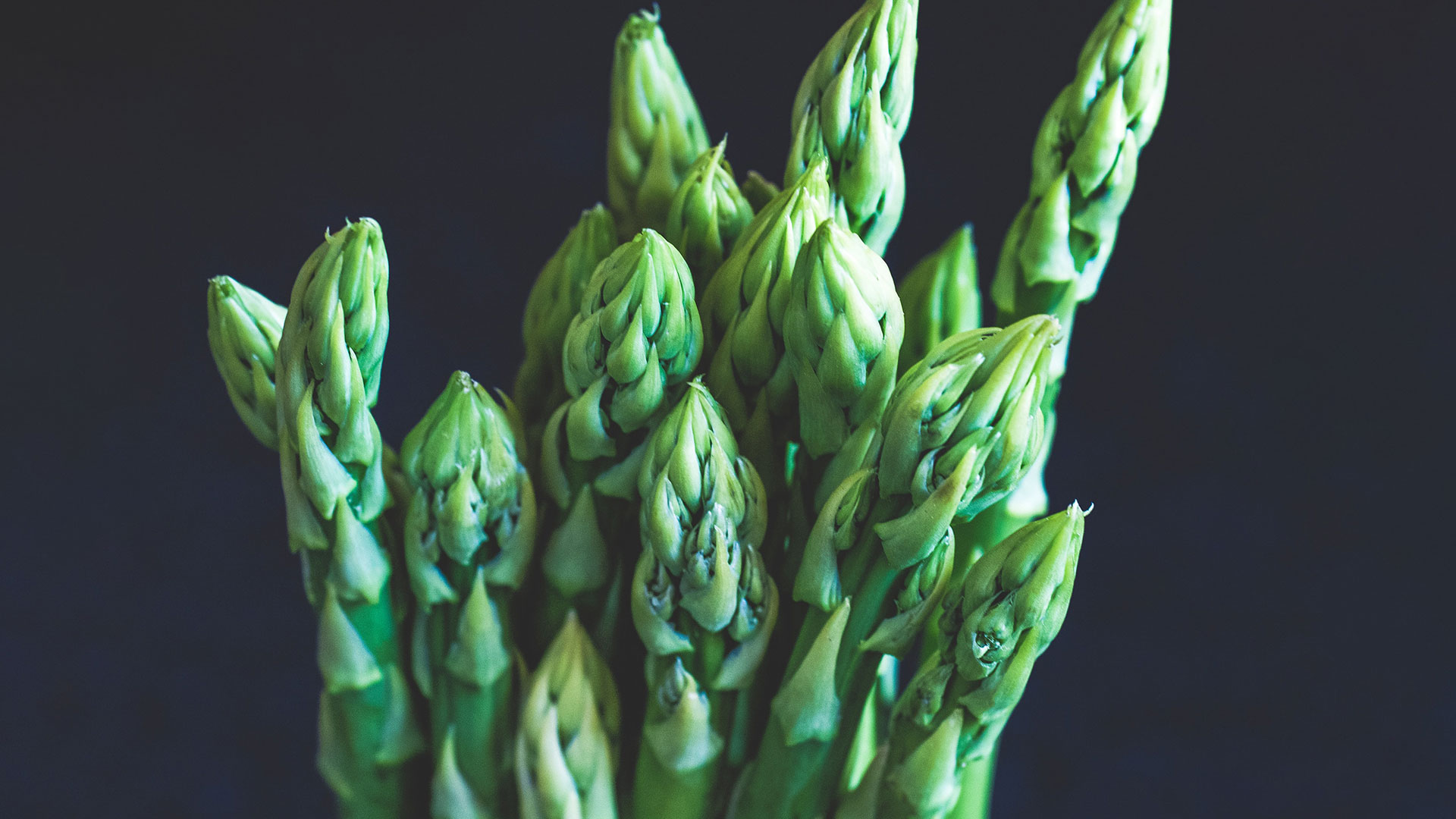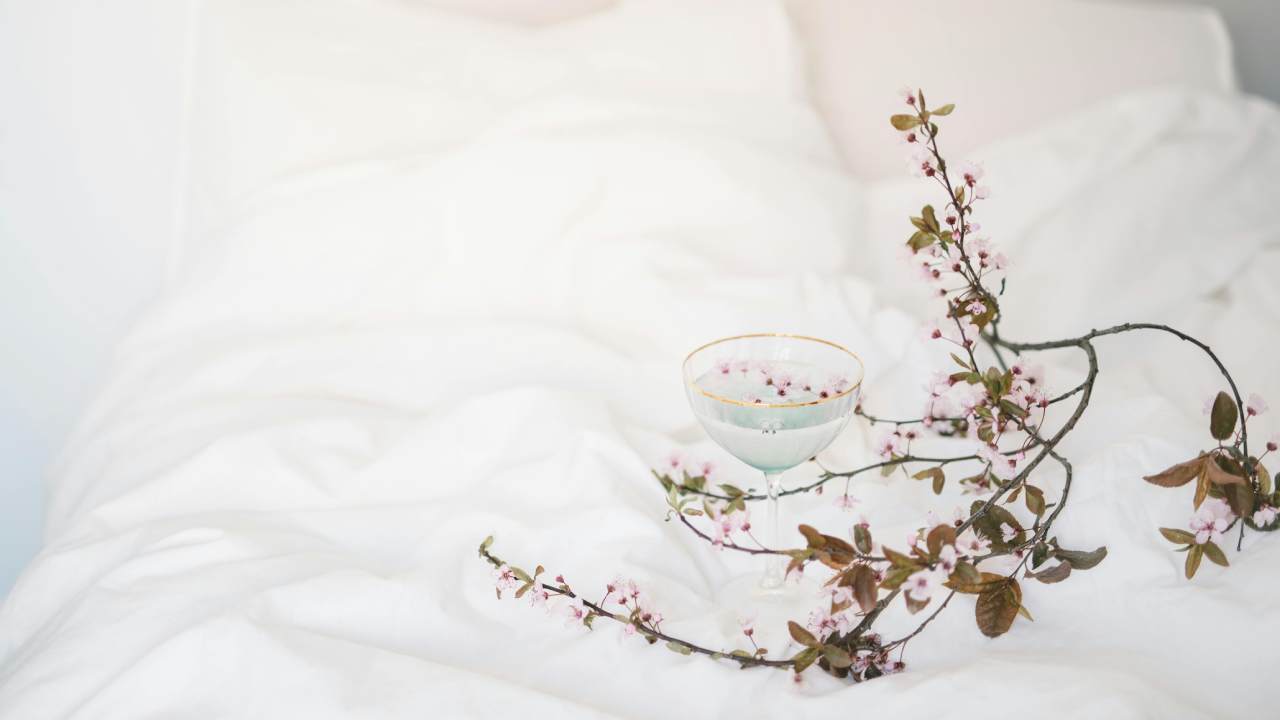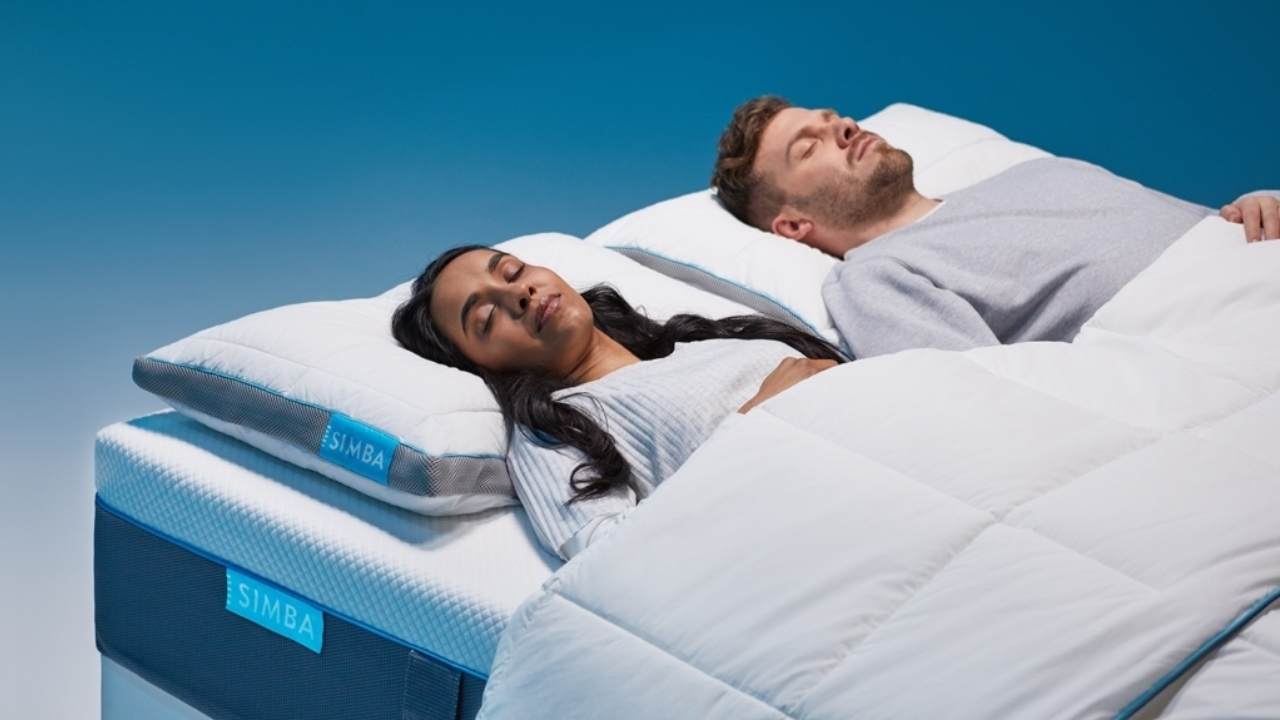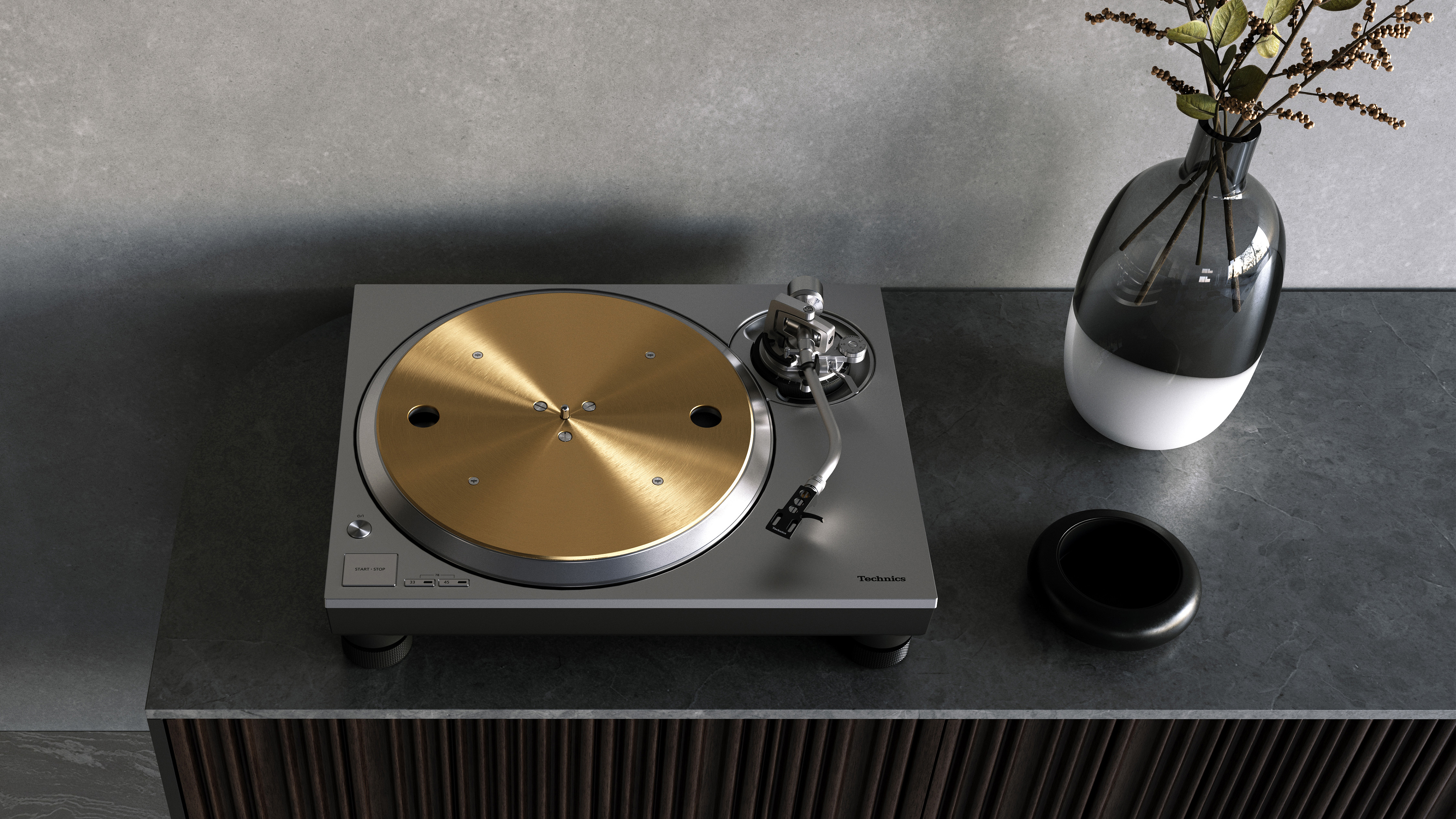

As temperatures rise, it's important to make sure you're adequately hydrated. Even if you're not planning on working out in the heat, you'll naturally be sweating more than usual, and it's easy to become dehydrated without even realising. We've already covered the most hydrating foods to eat in a heatwave (turns out, cucumber and radish are basically all water), so what foods have the opposite effect?
Here, qualified nutritionist Abi Roberts shares the dehydrating foods you should avoid, or at least balance out with plenty of hydrating liquids, in hot weather.
1. Asparagus
Let's start with a surprising one. You might assume green veg is generally pretty hydrating, but asparagus is actually one of the least hydrating foods you can eat. That's because it's a natural diuretic. "[Asparagus] rids the body of excess fluid – meaning you need to wee more and you lose the fluid that you consume," explains Abi. "Diuretics also help your body to get rid of salt, so are useful for the body, but should be consumed in moderation."
2. Salty snacks
Less surprising: salty snacks are well known to have a dehydrating effect, with pork scratchings being one of the worst offenders. "Too much salt wreaks havoc on the kidneys, so limiting salt intake is important for overall health," explains Abi.
3. Sugar
There are loads of reasons why you should limit your sugar intake, and its effect on hydration is just one of them. "When you consume sugar, the kidneys react similarly to when they encounter salt," says Abi. "They pull water from other parts of the body, as the kidneys don’t want excess sugar in your bloodstream."
4. Cured meats
"Cured meats are often heavily coated in salt, with gammon being a particular offender," explains Abi. "The kidneys overcompensate when there is too much salt in the bloodstream, and pull water from elsewhere in the body, leading to dehydration." Picking on prosciutto in the sunshine might sound delightful, but make sure you're drinking plenty of water to balance it out.
5. Bread
You're probably not too shocked to hear that pork scratchings and cured meat have a lot of salt in them, but you probably don't realise that bread could also be contributing to your salt intake. "Bread, although not terribly high in salt per slice, is one of the most common reasons behind people having too much salt in their diet," says Abi. If you're adding bread to most meals, or even snacking on bread-based things, that can add up to a high salt intake. "Limiting the amount of bread you eat will help reduce the sneaky salt that you didn’t even know you were consuming," she continues.
Sign up to the T3 newsletter for smarter living straight to your inbox
Get all the latest news, reviews, deals and buying guides on gorgeous tech, home and active products from the T3 experts
Tips provided by Abi Roberts via Forbes Advisor.
Ruth is a lifestyle journalist specialising in sleep and wellbeing. She has tested more mattresses than her small flat can handle and will talk at length about them to anyone who shows even a passing interest, and has had to implement a one-in-one-out pillow policy for fear of getting smothered in the night. As well as following all the industry trends and advancements in the mattress and bedding world, she regularly speaks to certified experts to delve into the science behind a great night's sleep, and offer you advice to help you get there. She's currently Sleep Editor on Tom's Guide and TechRadar, and prior to that ran the Outdoors and Wellness channels on T3 (now covered by Matt Kollat and Beth Girdler-Maslen respectively).
-
 I spent 6 weeks with the FoodMarble Aire 2: here’s what I learned about my gut health
I spent 6 weeks with the FoodMarble Aire 2: here’s what I learned about my gut healthI’ve been testing the clever breath-testing gadget with the companion app over several weeks to find out if it delivers on its promises
By Lee Bell
-
 Oil pulling is going viral on TikTok for stopping morning breath – but does it actually work?
Oil pulling is going viral on TikTok for stopping morning breath – but does it actually work?4 hacks that prevent morning breath, according to a sleep expert
By Bethan Girdler-Maslen
-
 These limited edition McLaren x Loop earplugs are what you need for Formula 1 season
These limited edition McLaren x Loop earplugs are what you need for Formula 1 seasonMcLaren teams up with Loop on limited edition noise-reducing earplugs
By Bethan Girdler-Maslen
-
 3 reasons why you wake up at 3am every night – and how to avoid it
3 reasons why you wake up at 3am every night – and how to avoid itAlways waking up in the middle of the night? This could be why…
By Bethan Girdler-Maslen
-
 Therabody experts give 7 tips for perfecting your sleep routine for World Sleep Day
Therabody experts give 7 tips for perfecting your sleep routine for World Sleep DayFrom breathing exercises to sleep masks, here’s how to prioritise sleep, according to experts
By Bethan Girdler-Maslen
-
 Loop Dream review: super soft earplugs to help you snooze soundly, even if you’re a side sleeper
Loop Dream review: super soft earplugs to help you snooze soundly, even if you’re a side sleeperSquishy silicone and uniquely shaped ear tips take Loop’s nighttime earplugs to dreamy heights
By Joanna Ebsworth
-
 Can’t get to sleep? Grounding bed sheets could be the answer – but I need convincing
Can’t get to sleep? Grounding bed sheets could be the answer – but I need convincingIs this the future of sleep tech?
By Bethan Girdler-Maslen
-
 Simba reveals 3 shocking signs of sleep deprivation on the body
Simba reveals 3 shocking signs of sleep deprivation on the bodySimba’s latest study reveals the main physical effects of sleep deprivation
By Bethan Girdler-Maslen

